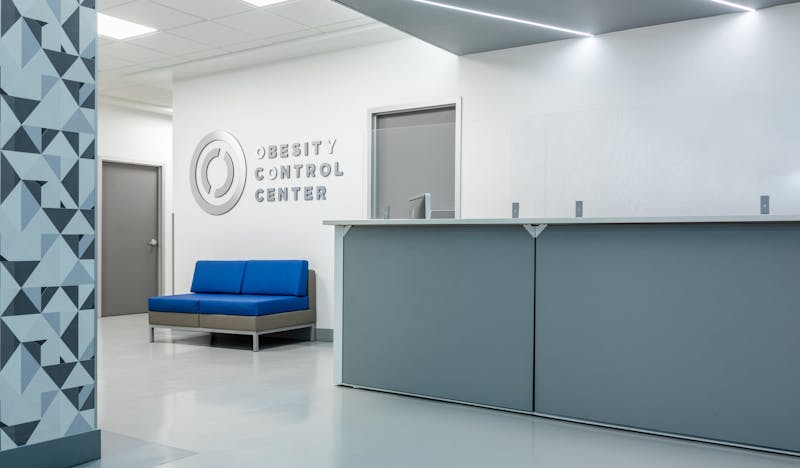25
Jun

Why Traveling to Tijuana for Bariatric Surgery at Obesity Control Center Is Safe, Seamless, and Life-Changing
For many individuals struggling with obesity, the idea of traveling abroad for weight loss surgery can raise questions, especially when the destination is Tijuana, Mexico. While the benefits of bariatric surgery are clear, long-term weight loss, disease reversal, and improv...
View More06
Jun

What Genetics Reveal About Bariatric Surgery Success Rates
At Obesity Control Center, a world-leading bariatric surgery center located in Tijuana, Mexico, we are committed to helping patients achieve long-term success in their weight loss journey. Our board-certified surgeons, including Dr. Ariel Ortiz and Dr. Arturo Martínez, uti...
View More12
May

The Role of the Gut Microbiome in Post‑Bariatric Weight Loss
You've just taken the life‑changing step of bariatric surgery, and the number on the scale starts to drop. Yet the real magic isn’t only the smaller stomach or reduced calorie intake; it’s the bustling “invisible organ” inside you: the gut microbiome...
View More18
Apr

Bariatric Revision Surgery for Older Adults: Special Considerations
As we age, the body responds differently to medical interventions, and bariatric revision surgery is no exception. At Obesity Control Center, a globally recognized bariatric surgery leader in Tijuana, Mexico, we understand that older adults face unique challenges and consideratio...
View More11
Mar

Long-Term Nutritional Considerations After a Second Bariatric Surgery
A second bariatric surgery can be a vital step in correcting or enhancing a previous procedure, but it also comes with added nutritional challenges. Changes to digestion and absorption increase the risk of nutrient deficiencies, requiring proactive management to maintain long-ter...
View More28
Feb

How Hormonal Changes Affect Weight Regain Post-bariatric Surgery
Bariatric surgery is a popular and effective method of reducing excess weight and can help patients avoid obesity-related ailments. Beyond shrinking the patient's stomach size, the procedure also affects certain hormones that play a key role in ensuring long-term weight man...
View More25
Jan

The Psychological Boost of the Improved Gastric Sleeve® for Relapsed Bariatric Patients
Achieving and maintaining weight loss is a transformative journey that extends beyond the physical changes to encompass profound psychological benefits. At Obesity Control Center (OCC) in Tijuana, Mexico, we understand the emotional challenges that relapsed bariatric patients may...
View More17
Jan

Obesity Control Center Expands Services to Include Fertility and Reproductive Care
Obesity Control Center, a renowned Center of Excellence fully accredited by Joint Commission International, is proud to announce an exciting new venture into fertility and reproductive medicine. We are delighted to welcome Dr. Fabián Walters, founder of Feritlite, to our t...
View More13
Dec

Signs Your Gastric Bypass Needs a Revision: Identifying Early Indicators
Gastric bypass surgery is a life-changing procedure that helps countless individuals achieve significant weight loss and regain control of their health. While the results are often long-lasting, some patients may encounter challenges that indicate the need for revision over time...
View More26
Nov

Nutritional Guidelines After Bariatric Revision Surgery
Bariatric revision surgery is a transformative opportunity to reignite your weight loss journey and enhance your quality of life. At Obesity Control Center in Tijuana, led by Dr. Ariel Ortiz, MD, FACS, FASMBS, we understand that the path to lasting results requires mindful nutrit...
View More
